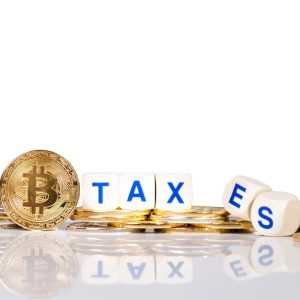Latest Posts
40% surge in UK crypto ownership spurs HMRC crackdown: What You Need to Know
Read MoreHow the political shifts in 2024 could reshape crypto tax policies in 2025
Read MoreGary Gensler steps down as SEC Chair – what’s next for crypto?
Read MoreUK plans to integrate crypto into finance
Read MoreWhat Trump’s win could mean for crypto
Read MoreContent
A gas refers to the fee you pay whenever you make a transaction on the Ethereum blockchain. Let’s talk about gas fees and tax, and how the two interact.
Do you pay capital gains tax on ETH gas fees?
Nope! But let’s start by understanding what gas fees actually are. If someone buys some Ethereum or an NFT, then there is a small transaction cost – the gas fee. You don’t pay any tax on these gas fees, you actually deduct the cost of gas fees from any gain before it is taxed. Think of it a bit like deducting the cost of lawyer fees when you sell a property. So no, gas fees themselves are not taxed.
However, as you do have to pay capital gains tax on any profit you make from a disposal, you will need to work out the full cost basis of your transactions. This refers to whatever it costs to buy an asset and any transaction fees (on purchase and sale) that come along with it. If you sell your crypto assets, you can work out your tax by minusing your cost basis from the price you sold the asset for. If you made a gain, you pay tax on that gain.
Capital gains tax rules make it so you can include transaction fees to the cost basis of your asset. This means that when you buy, sell or trade on ETH and you pay a gas fee, you add it to your cost base. This is a great way to reduce the amount of tax you owe on the asset!
Still unsure? Join our community of crypto tax degens to get more information and access to expert advice.
Do you pay tax on failed gas fees?
If you happen to lose ETH to gas fees, that is a capital loss. When this happens, minus your cost basis from the price of the disposed asset. This means you will have a capital loss in this instance. You can pay less Capital Gains Tax by offsetting your capital losses against your gains.
Take a look at our tax calculator to work out how much tax you owe on your crypto now.






